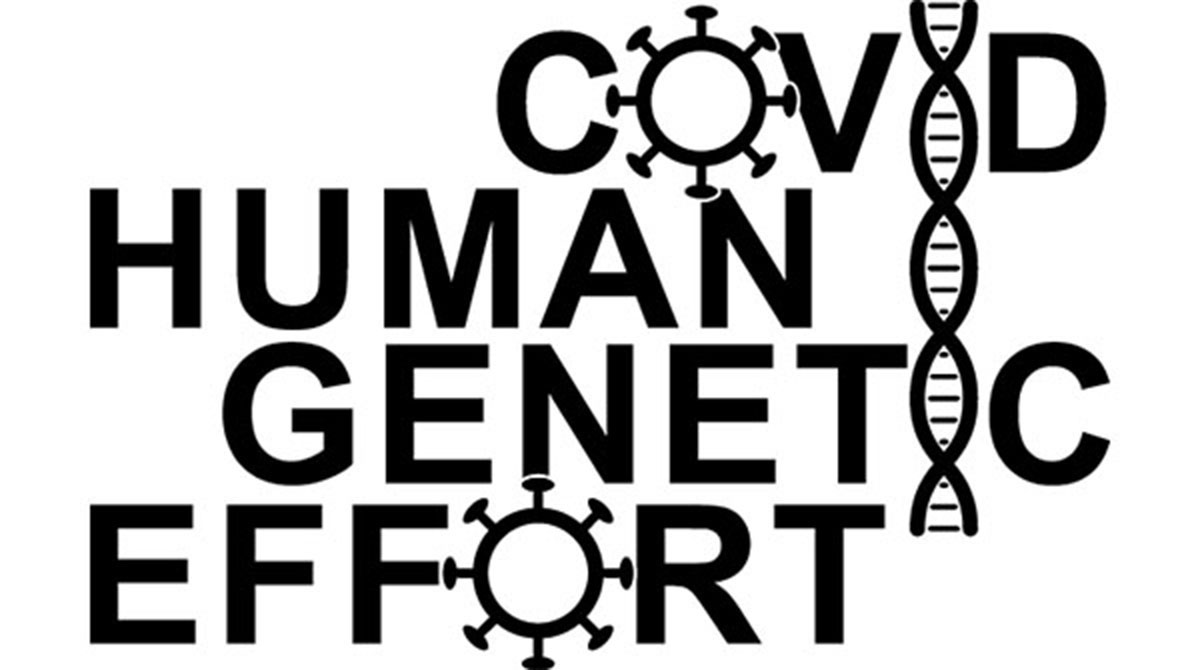
1/ Here is a review in @Nature by the CovidHGE.com of the human #genetic and immunological determinants of life-threatening #COVID-19 (nature.com/articles/s4158…).
2/ We review what has been learned over the last two years about a simple question: why do about 3% of (#unvaccinated) infected people end up in an ICU with critical C-19 pneumonia when 97% of people control the virus well?
3/ A key conclusion is that inborn errors of, and auto-Abs to type I interferons (IFNs), underlie critical pneumonia in at least 15% of cases, inborn errors being more common < 60 years old and auto-Abs > 70 years old. 

4/ These findings further incriminate TLR3-expressing respiratory epithelial cells and TLR7-expressing plasmacytoid dendritic cells, as well as the 13 IFN-alphas and the solitary IFN-omega. 

5/ As patients w/ and w/o these determinants are undistinguishable, these findings suggest a general model of critical C-19, w/ insufficient type I IFN in the 1st wk of infection responsible for viral spread and the massive pulmonary and systemic inflammation from the 2nd wk on. 

6/ The original data reviewed in this paper can be found in science.org/doi/10.1126/sc…, science.org/doi/10.1126/sc…, science.org/doi/10.1126/sc…, science.org/doi/10.1126/sc…, rupress.org/jem/article/21…, rupress.org/jem/article/21…, rupress.org/jem/article/21…, and science.org/doi/10.1126/sc….
7/ Thank you to all co-authors from CHGE: @AhmadTayoun, @SanRaffaeleMI, @AlexandreBelot, @alexbolze, @aspaan1, @annasediva, @ALNeehus, @anne_puel, @PujolLab, @BigioBenedetta, @Boisson_Bebo, @LabCflores, @prandocarolina, @CatherineMBiggs, @panomics, @ClionaOfarrelly, @DonaldVinh,
8/ @HsiehElena, @JouanguyE, @VangelisAndrea1, @NovelliGnovelli, @IsabelleMeyts, @MigeotteLab, @BustamanteJaci1, @jacquesfellay, @JavierMPicado, @Jrosain, @_jmanry_, @jiechen1982, @Jonathan_Bohlen, @theJuanLi, @JuanMAnayaC, @JulianRojasSilv, @kai_kisand, @MironskaK, @LaurentAbel4,
9/ @QuintanaMurci, @ldnotar, @Marce_MoncadaV, @MarkAnd88770973, @Linndred, @zhangpeng1202, @Pkgg77, @BrodinPetter, @panhammarstrom, @PhilippotQ, @LevyRomain, @ryangrui, @SatoshiOkada3, @drsemsinur, @ShenYingZhang1, @Stefan_constan, @BoissonDupuis, @TurveyLab, @stutangye,
11/ If you are interested in covidhge.com, please contact us, as we are keen to expand and work with new friends! Also, please follow our studies in 2022, as several exciting papers are under peer-review 😊 

• • •
Missing some Tweet in this thread? You can try to
force a refresh













